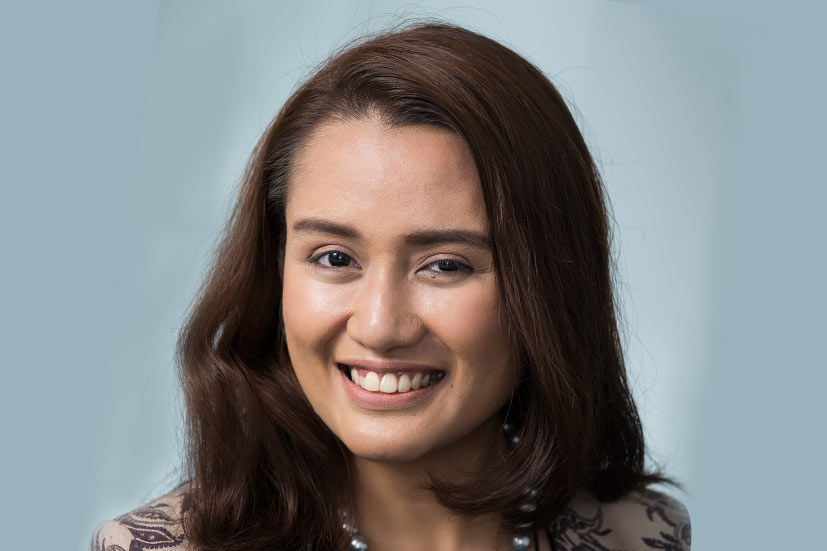The story of Holy Rio is nothing less than an inspiration for women. Originally from the Philippines, Rio is pursuing her MBA from the University of Edinburgh Business School. Prior to receiving an academic scholarship, and moving to Edinburgh to study her MBA, Rio worked as an investment banker for Metropolitan Bank, in an emerging market, managing a multi-million-pound portfolio which delivered impressive returns for high net worth clients.
As a young woman, Rio has found that her age has been more of a restriction to career progression than her gender. Here’s how she has overcome gender and age barriers to carve out a niche in a male-dominated profession, and prove that age really is just a number
Why did you decide to pursue a career in finance?
I’ve always been interested in the idea of helping people reach their financial goals. Whether funding their children’s education or saving for retirement, being able to use my interest in figures to support others’ aspirations felt like a natural path for me. I studied Economics as an undergraduate and used this experience to find my first role in Finance. I haven’t looked back since.
How do you think you are challenging perceptions of women in finance?
I feel there’s less of a stigma attached to women working in finance in Asia than there is in the West. It was a steep learning curve, but I guess the best way of challenging any perception is just to go out and do it, listen intently and surround yourself with people you can learn from. That’s the approach I’ve taken.
What are the biggest strengths of women working in the banking sector?
Right or wrong, there’s still a definite perception women are practical risk-takers relative to their male counterparts. I’ve used this to generate positive portfolio returns for my clients without exposing them to excessive risk. Women are also seen to be better at managing client relationships, which has help me build client relationships, and gain insight into their needs and drivers to develop trust.
What are the most common prejudices you have come across in your profession?
From my experience alone, the greatest prejudice that I’ve encountered in the finance sector is age, not gender. Having secured my first job with Metropolitan Bank and Trust Co. straight out of university, I found myself advising high net worth clients. They were initially sceptical about taking advice from someone in her early twenties, but I remained confident that I could change this perception. Once they realised I knew what I was talking about, they began to trust me. Ultimately, building relationships with leaders like these has taught me a lot.”
The technology sector has managed to shrink the gender gap, but recent reports indicate that women in investment banking are still making less than half of what their male counterparts are. How can this be addressed?
I haven’t experienced inequality myself. I’ve been fortunate to work for an institution that rewards success and merit above anything else, so as my performance improved so did my income.
What made you quit a successful job to study an MBA? How do you plan on using this degree to further your career?
I’ve always been a very driven individual, so taking an MBA was always part of my plan. Attending a western institution with the reputation The University of Edinburgh enjoys carries a lot of prestige in Asia. It was a natural choice for me. But what’s surprised me most in my time here is just how much I’ve learned from the wider political and social environment. Being in the UK as it exits the EU and learning about the investment consequences from leading academics has been incredibly beneficial. To witness how key financial players such as the UK react to catalysts like Brexit is interesting, especially as these market responses are still heavily influence emerging markets like the Philippines.
What is your plan after completing your MBA at University of Edinburgh Business School?
I looked to the MBA as an opportunity to learn more about business in general and test new ideas. I’ve learned so much from the core subjects, electives and my peers, all of whom come from an incredibly diverse range of backgrounds and experiences. This created an avenue to exchange ideas. This confirmed that I have a passion for investing. I definitely plan to return to the world of finance which is why I’m looking at completing the necessary requirements to be a Chartered Financial Analyst. Longer term, I’m keen to apply the broader business skills I’ve learned to start my own finance consultancy.

